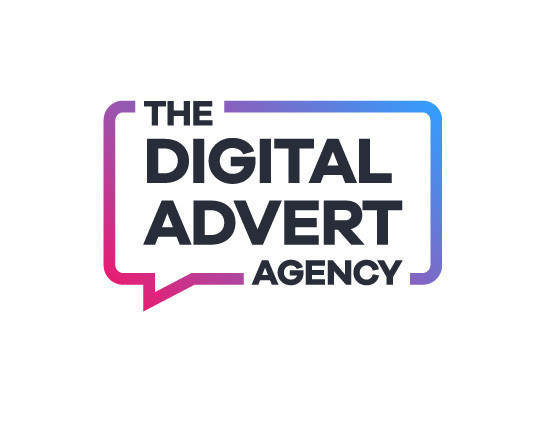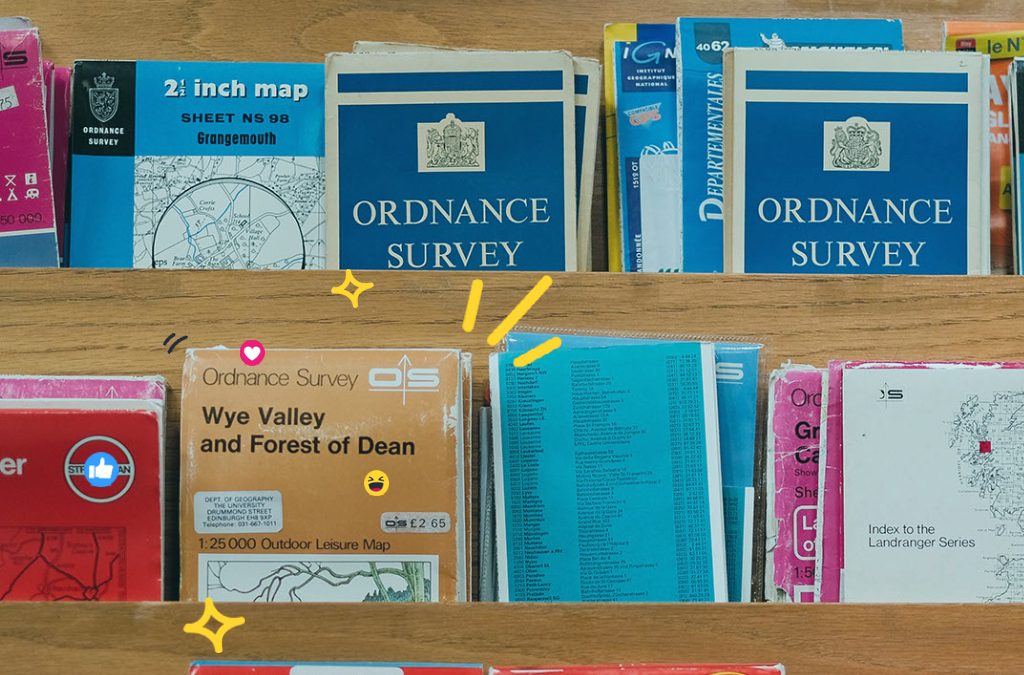Unless your business solely focuses on international trade, a good local SEO strategy is vital to ensure you’re being seen by the right people. Here are a few of the steps you should be working on already.
Location, location, location
To understand why local SEO is so important, you need to think like a search engine. In order to make things as relevant as possible for the user, a search engine like Google, Bing or even the search functions on social networks like Facebook will use location as a ranking factor. The closer someone is to a location, the more likely the search engine will display results relevant to that location.
Chances are that even if you work with businesses across the country, you’ll most likely pull in a lot of clientele from the local area. So when they’re looking for you on Google, you need to be sure that they can find you.
This means keeping your details up to date on directory listings, making sure you’ve got Google My Business and Bing Places pages, and ensuring your contact details are easy to find on your website. You should also consider how localised the content is on your own website – if it’s appropriate to introduce a local angle in a post, or reference one of your office locations, then think about doing so.
Staying consistent
One of the cornerstones of local SEO is the NAP – your name, address and phone number. This needs to be consistent across every outlet. We see loads of businesses who will represent themselves with one name on their Facebook, but a different one on LinkedIn (usually with a Limited tagged at the end). Everything needs to be the same to ensure search engines can connect the dots – while Google may be getting smarter and smarter, it’s to your benefit to make life easier for it.
Making friends with the local press
Being featured on the websites of your local media outlets is a great way to get your name out there – so don’t forget to ask for a link!
While many outlets will practice a ‘nofollow’ policy, meaning that each link will be tagged with the ‘nofollow’ attribute to avoid transferring any endorsement for search engines across to the link, Google and Bing see this as a ‘hint’ rather than a hard rule. If the search engine thinks the link is of value, despite being tagged as a ‘nofollow’, then it will attribute trust to it. In an earned news article about your business, rather than a paid one, a link is most likely to be considered trustworthy.
Thinking about improving your business’ SEO? Talk to us – we’ll benchmark your current standing and help you to develop and implement an effective strategy. Visit our services page to find out more.
- Snap x Cameo: Snapchat’s new partnership with Cameo - 9 May 2022
- The latest Twitter changes – May 2022 - 4 May 2022
- The State of Facebook Ads in 2022 - 1 April 2022
Contact us to find out more
Ready to step into the world of digital advertising? Drop our team a message to find out how we can make your business a success online.


